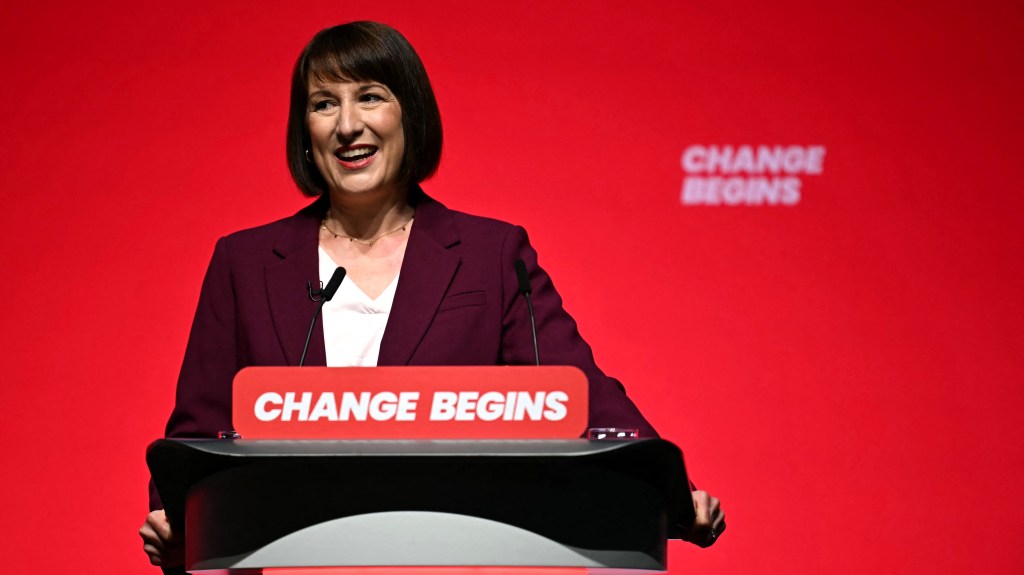Rachel Reeves Urged to Establish Minimum Benefit Payments
Rachel Reeves is being called upon to establish a minimum threshold for benefit payments in the upcoming budget, aimed at ensuring that the most disadvantaged individuals can afford essential needs.
The Joseph Rowntree Foundation, a think tank dedicated to improving the economic standing of low-income families, has revealed that its studies project the living standards of the most impoverished households in the UK will still be 0.8 percent lower in five years compared to their status in 2019.
At the same time, middle-income and affluent households are expected to see an increase in disposable incomes, highlighting a potential widening of economic inequality if the government does not intervene.
According to researchers, single parents and working-age households receiving benefits have experienced the most significant declines during the ongoing cost of living crisis. Specifically, disposable income for single parents is approximately £690 lower in October compared to October 2019, while working-age households have seen a reduction of about £700.
The think tank remarked, “The pandemic and cost of living crisis have resulted in a loss of nearly half a decade in living standards.” It is predicted that average household incomes are unlikely to recover to 2020 levels until the end of the decade.
The foundation is advocating for the Chancellor to implement a “minimum floor” for universal credit payments, effectively introducing a form of universal basic income.
Next April, households receiving universal credit are expected to see a modest 1.7 percent increase in their welfare payments, while pensioners are set to benefit from a significant above-inflation pension increase, exceeding £400 next year.
The foundation also pointed out that rising housing costs, particularly driven by increased mortgage rates, are likely to hinder growth in average real income. Currently, mortgage payments have surged by £1,300 compared to five years ago, with this amount projected to rise to £1,800 by 2029.
By 2029, it is estimated that working-age households reliant on benefits will find themselves about £1,000 worse off compared to 2019, as benefits adjustments lag behind increases in housing costs. The local housing allowance—which determines housing benefit for private renters—should be aligned with the current rental rates in the tenant’s locality, the foundation proposed.
The foundation concluded by stating, “Our argument in this paper is straightforward: while the pressures on public finances are significant, the most pressing legacy for the new government is the severe decline in living standards across society.”
The Treasury responded, asserting, “We will ensure long-term security for working individuals and provide necessary support to low-income families.”
}




Post Comment